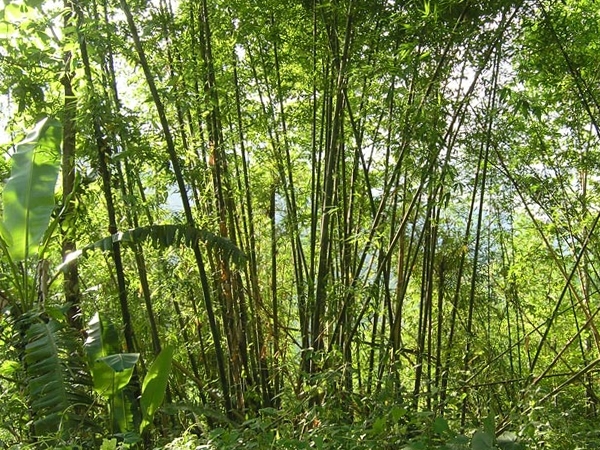Now Bamboo grown in non-forest areas exempted from definition of tree; the decision will lead to improved economy
New Delhi, November 24: In a landmark imitative Centre has promulgated the Indian Forest (Amendment) Ordinance, 2017 to exempt bamboo grown in non-forest areas from the definition of a tree. One of the major objectives of the amendment is to promote cultivation of bamboo in non-forest areas to achieve twin objectives of increasing the income of farmers and also increasing the green cover of the country. But bamboo grown in the forest areas shall continue to be governed by the provisions of Indian Forest Act, 1927.

This step will help to increase the agricultural income of farmers and tribals, especially in North-East and Central India. The amendment will encourage farmers and other individuals to take up plantation/ block plantation of suitable bamboo species on degraded land, in addition to the plantation on agricultural land and other private lands under agroforestry mission. Hence besides farmer’s income, the form of sustainable development will also be served.
The other benefits of the amendment include enhancing the supply of raw material to the traditional craftsmen of rural India, bamboo-based/ paper & pulp industries, cottage industries, furniture making units, fabric making units, incense stick making units. Besides promoting major bamboo applications such as wood substitutes and composites like panels, flooring, furniture and bamboo blind, it will also help industries such as those dealing with food products (bamboo shoots), constructions and housing, bamboo charcoal.